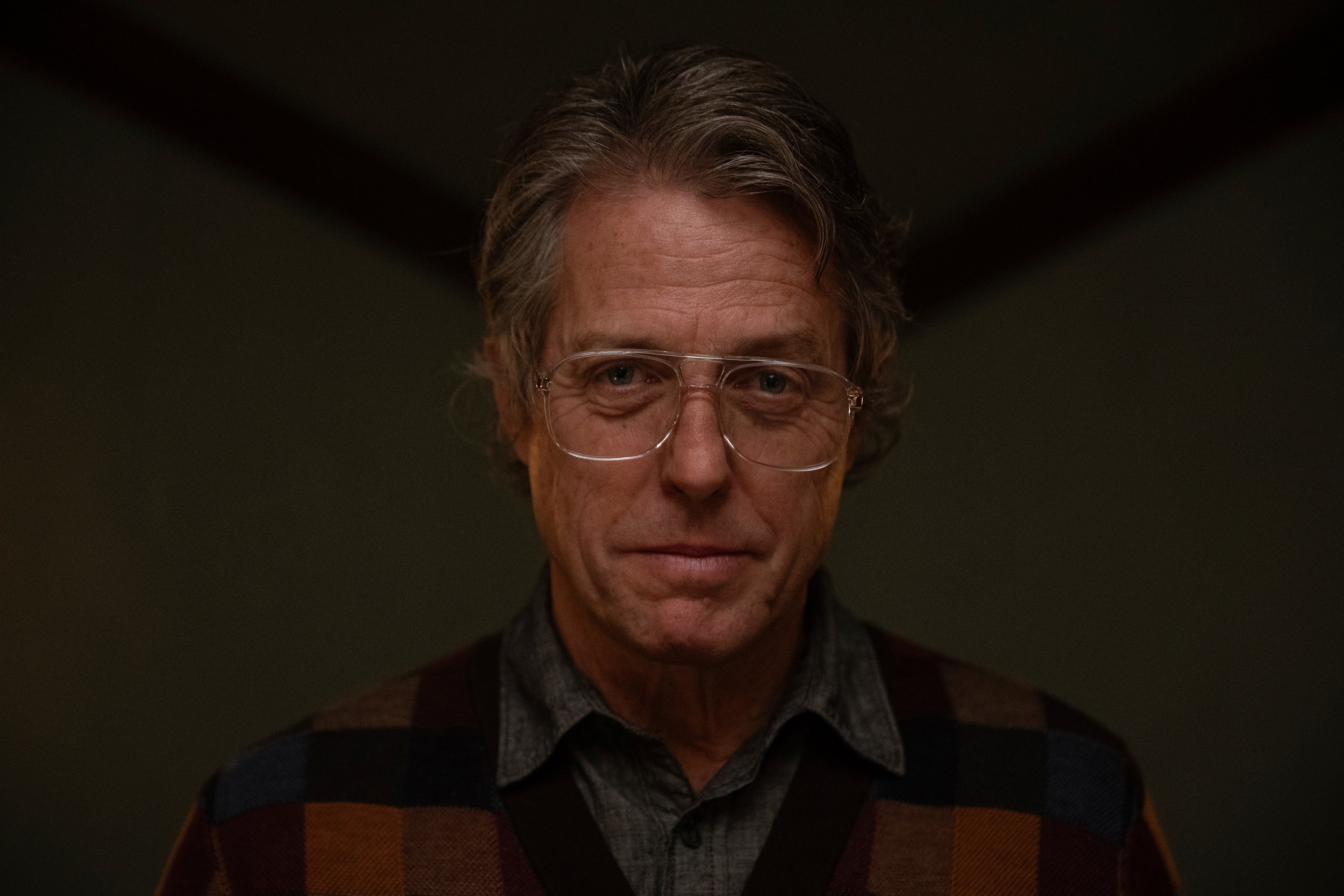Thur 4 apr 7.03pm Is Hugh Grant, the quintessential British leading man, harboring a personal connection to autism, and what implications might that hold? This query, increasingly circulated amongst fans and observers, sparks a delicate dance between public curiosity and the right to privacy.
The topic, fuelled by speculation and a growing awareness of neurodiversity, requires careful examination. A health think tank's warnings about evolving social attitudes and expanding understanding of autism and ADHD set the stage for this exploration. We'll delve into Grant's life, career, and the broader context of autism awareness, striving for clarity without crossing the line into inappropriate conjecture.
| Category | Details |
|---|---|
| Full Name | Hugh John Mungo Grant |
| Born | September 9, 1960 (age 63) in London, England |
| Occupation | Actor, Film Producer |
| Notable Roles | Four Weddings and a Funeral, Notting Hill, Love Actually, Paddington 2 |
| Family | Married to Anna Eberstein; Five children: Tabitha, Felix, John, Lulu, and Blue |
| Advocacy | Involved in autism awareness efforts |
| Known For | Charming and Vulnerable Romantic Leads, Transition to Character Actor |
| Personal Life Notes | Openly discusses anxiety and the pressures of fame |
| Reference | IMDb - Hugh Grant |
The landscape surrounding autism is vast and multifaceted. It necessitates an understanding of both the spectrum's diverse manifestations and the crucial distinction between informed consideration and potentially harmful speculation. Hugh Grant's experiences and comments, regardless of their direct relation to the autism spectrum, inevitably ignite conversations. His willingness to share, as seen in recent appearances like the Jimmy Kimmel Live! show, where he discussed his youngest daughters, Lulu and Blue, and offered rare insights into fatherhood, allows for a more comprehensive understanding of the celebrity's life.
- Barron Trump Singing On Agt Decoding The Ai Videos
- Movierulz Alternatives Safe Legal Streaming Options
Grant, a celebrated actor and film producer, was born on September 9, 1960, in London, England. He established himself early in his career, often playing charming and vulnerable romantic leads. The actor's career has evolved, transitioning into a respected character actor. This adaptability in performance mirrors the shifts in his personal life. Since 2011, Grant has welcomed five children: Tabitha and Felix with Tinglan Hong, and John, Lulu, and Blue with his wife, Anna Eberstein.
Some fans have observed unique mannerisms and social interactions, fueling speculation about his neurodiversity. However, it is crucial to approach this with respect. While there's no publicly available information confirming that Grant is on the autism spectrum, his involvement in autism awareness is undeniable. This advocacy makes it all the more important to analyze his views and the broader implications of his experiences.
Grant's journey has involved openly discussing his struggles with anxiety and the pressures of fame, issues that many individuals facing mental health challenges readily understand. In 2019, the actor expressed his discomfort with the loudness of the cinema, describing the sound during a screening of the film "Joker" as "unendurable." While this isn't direct evidence, these instances highlight the importance of recognizing the diverse ways individuals process sensory information.
The question of whether Hugh Grant has autism is a complex one. It sparks curiosity, prompting us to re-evaluate our perceptions of celebrities and how we interpret their behavior. It's critical to understand that autism spectrum disorder (ASD) manifests differently in each individual. The importance of differentiating between speculation and factual information becomes paramount. The "Baked Bean Theatre Company," comprised of actors with learning disabilities, and his willingness to work alongside them, points to his empathetic view of the world. In the past, he has also spoken out regarding the hacking scandal.
Last week, reports surfaced about actors from the "Great Bean Factory" who performed at Sadler's Wells Theatre in London alongside Grant. This showcases his support of inclusivity. Furthermore, Grant's openness and willingness to share his story, whether through discussions of his personal experiences or through his professional choices, contributes to the discourse on autism awareness.
His openness and willingness to share his story, whether through discussions of his personal experiences or through his professional choices, contributes to the discourse on autism awareness. Grants interactions with individuals from varying backgrounds further paints a picture of a public figure who embraces diversity and understanding. Considering his career, personal life, and the various ways that he engages with the world around him, reveals the layers of complexity inherent in human interaction.
Hugh Grant takes to the stage for the first time in fifteen years with learning disabled theatre company, and is followed by a subsection entitled How an autistic child learned to say I love you. These details highlight that Grant has a continued dedication to helping all communities. "The rebuilding childhoods board" is an NSPCC fundraising board, a collective of external volunteers that support the NSPCC by contributing their time and leveraging their invaluable connections for strategic purposes. As a result of the work that they do and the actions they take, they are always raising the awareness of Autism. The more people know about autism, the less stigma there will be. In addition, his work has influenced the understanding and acceptance of autism.
The question, Is Hugh Grant autistic? requires an insightful, respectful, and careful approach. Without concrete evidence or personal confirmation from Grant himself, it is inappropriate to label him as autistic. The best practice is to base any conclusions on fact-based information rather than speculation.
Ultimately, while speculation may arise, the primary focus should remain on respecting Grant's privacy and appreciating his contribution to the art of film and his support for various causes. The answer to the initial question remains open, but the conversation itself highlights the importance of empathy, acceptance, and the nuanced understanding of individual differences. It serves as a reminder of the importance of approaching such inquiries with sensitivity and understanding.


